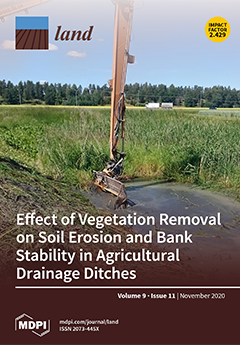Outmigration Drives Cropland Decline and Woodland Increase in Rural Regions of Southwest China
Rapid urbanisation in China has led to massive outmigration in rural regions, which has changed the regional labour force structure and can have various profound impacts as a result.



